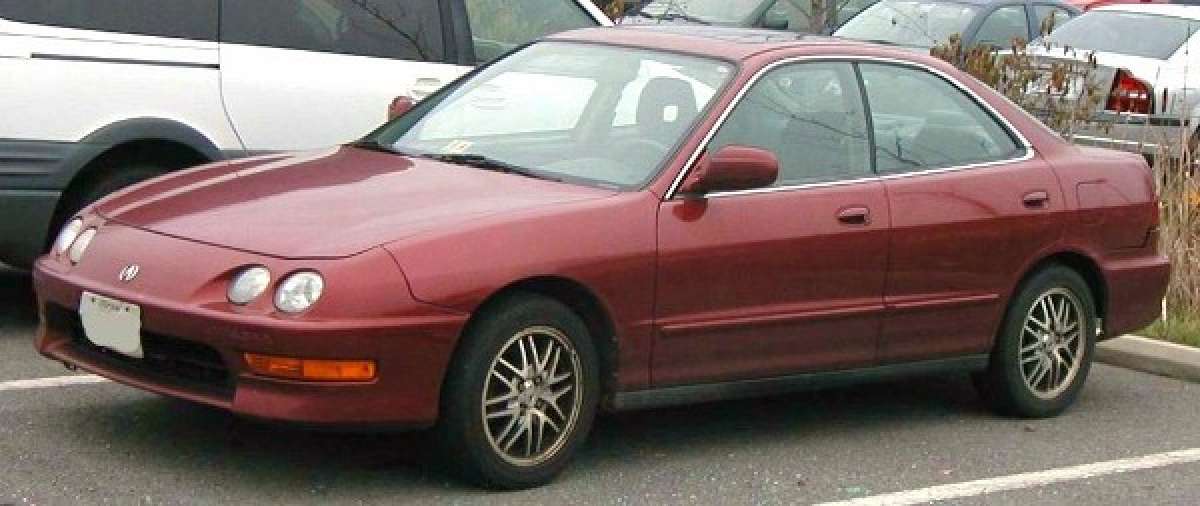We like Honda for the company’s progressive approach to people driven Eco conscious quality design and economical personal transportation. Today, the Honda loyal have placed 3 vehicles in the number one sales position; for North America manufactured and purchased automobiles and light trucks. This year American Honda Motors will set yet another company record for North America sales as Accord, Civic and CR-V remain in top position.
With that said, volume manufacturing has its setbacks. In the1970s and 80s, Japan based Honda and Toyota Motors set the industry benchmark for quality and affordable automotive manufacturing standards.
Back in the day, one would be hard pressed to purchase a finer quality product at a lower price. That’s what made Honda what it is today, an affordable ‘Made in America’ quality entry, mid level and luxury car manufacturer. Honda Civic remains the foundation of a product line that has expanded from an affordable entry level lineup to arguably some of the finest cars and light trucks manufactured in North America today. Looking to the Acura line we find precision automotive engineering, fit and finish rivaling BMW, Lexus and Mercedes Benz.
Exploding airbag inflators, defective fuel strainers, faulty brakes and faulty seatbelt.
Unfortunately, North America’s quality brand is not immune to the dreaded product recall.
In June North America’s auto industry slightly retracted and reeled under the gloom and subsequent consumer scrutinization of perhaps the largest airbag related recall in automotive history.
We say possibly because research indicates that the largest recall in automotive history falls on Ford’s doorstep,(22 million) with G.M.’s most recent ignition related recall impacting no less than a two year production run for the nation's second oldest and once the world’s largest auto manufacturer.
The cost of product recall is tough to calculate. However, last week on the news of the massive G.M. recall, company stock took such a hit on Wall Street that trading was halted for 2 hours. News drives the Stock Market and news was bad for G.M..
Honda’s bad news: $55 million is awarded by a Philadelphia jury to man paralyzed by Honda seatbelt, while Honda expands the airbag recall to California. June was not a good month for Honda in direct relation to defective components. Unfortunately for Honda, manufacturing in North America since1983, there are a lot of old Honda and Acuras remaining on the road today. The car that initiated this action was a 1999 Acura Integra.
As earlier reported by Torque News, several manufacturers including Honda and Toyota have been caught up in a massive Takata Airbag inflator recall. To date, Takata is involved in no less than 10 million. Initially reported to include Acura and Honda cars and light trucks sold in humid regions of North America, the recall action was expanded to California earlier in the week and is believed to be unprecedented in number.
Millions of cars and light trucks will be included in this action. In the past Takata, the world’s second largest airbag manufacturer has participated in the cost of such recall actions and cost of related accident litigation and settlements; reached in related non injury, injury lawsuit and monetary award. In earlier news Takata representatives acknowledge the company’s record of faulty craftsmanship.
Torque News called for the firing of Takata Corporation by Honda. We would think that Honda’s history of customer “Safety First” and honor would compel them to distant the big “H” from Takata.
Faulty 1999 Acura Integra Seat Belt: Maybe…Unfortunately Carlos Martinez of Baltimore Ma., experienced a flat tire at speed while on his way to work. The flat tire resulted in a rollover and a subsequent spinal injury. According to reports: A faulty seat belt restraint overextended allowing Martinez’s head to impact the roof of the overturned car; this resulted in paralysis. Attorneys in the case claim that Honda knew of the seatbelt defect as early as 1992. Honda will appeal.
And quite frankly, so would we. While we do feel the pain for Mr. Martinez and family, we believe the jury award to be excessive; and will follow the case as it unfolds.
Honda has historically carved a path of customer satisfaction and safety first. As first implemented by the company’s founder, more often than not, Honda initiates product recall as a safeguard against possible injury, death or future product liability.
As with all automotive manufacturer’s, Honda utilizes a high percentage of outsourced components. As in the most recent General Motors recall, a part initially costing a few dollars, can result in $ billions, for consumer and manufacturers alike.





